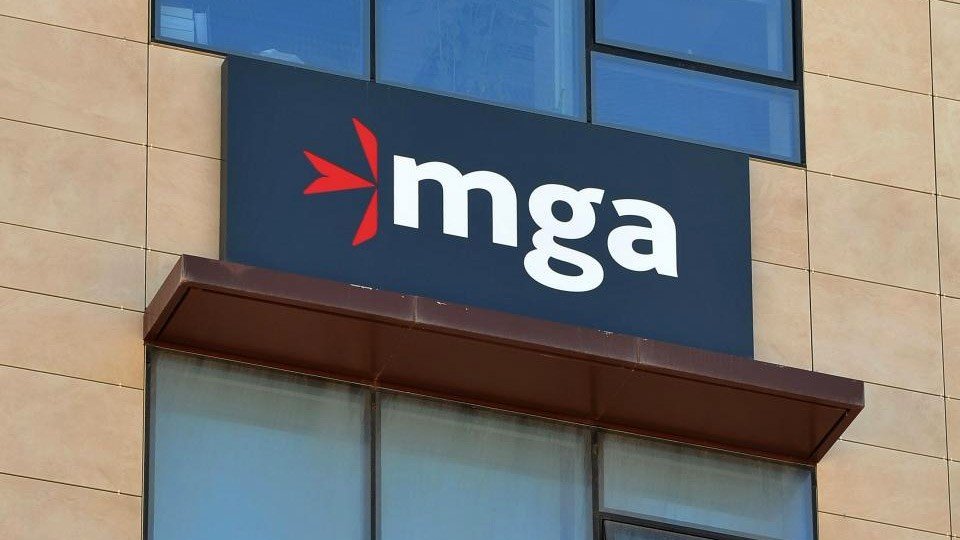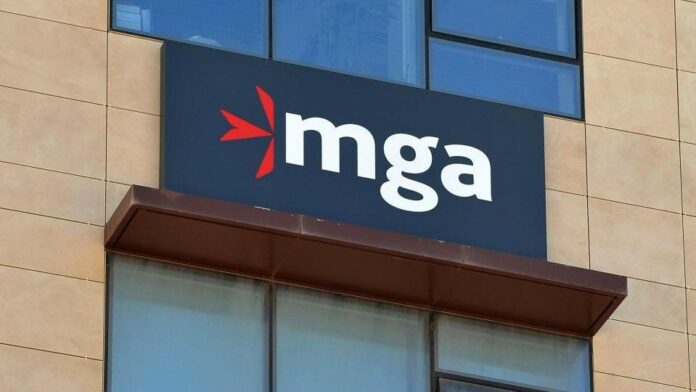
Amidst escalating controversy over Malta’s recently introduced amendment to its Gaming Act (Bill 55), the Malta Gaming Authority (MGA) has stepped forward to defend the new legislation, asserting its alignment with EU law.
Malta President George Vella officially signed Bill 55 into law back in June, which empowers Maltese courts to reject the acknowledgment and implementation of overseas judgments relating to online gambling in Malta.
The legislation, thus, protects Malta-licensed operators from legal liability resulting from their gambling activities, when such activity is covered under their MGA license. The bill has since been incorporated into the country’s existing Gambling Act, which regulates and supervises the local industry.
Early this week, the Gluecksspiel (GGL), Germany’s federal gambling regulator, called the bill “a protective shield” that is not compatible with European laws. In response to this, the MGA has now pointed to a section in the Brussels Recast Regulation (which governs how legal judgments are settled between EU members) that says a member state may refuse to recognize a legal judgment if does not match with the principles of its legal system.
Responding to the controversy surrounding Bill 55, MGA released the following statement to offer ‘clarity, accuracy, and transparency‘ with regard to the amendment:
The legislator’s intention behind the introduction of Article 56A is to enshrine into law the long-standing public policy of Malta in relation to the gaming sector.
It is important to note that the Maltese law does not create additional or separate grounds for refusing to recognize or enforce judgments to those already established under EU regulations (Regulation (EU) 1215/2012). It is simply an interpretation of the ordre public grounds for refusal envisaged in said EU regulation.
Moreover, the scope of the amendments enacted into law is highly restricted, and the law does not preclude any action whatsoever from being taken against a licensee. Therefore, not every judgment relating to the operations of gaming operators with a Maltese licence would be in violation of Maltese public policy.
Article 56A sets out cumulative elements that must first be fulfilled before it can be triggered.
The provisions shall only be applicable when the action – taken by an operator against a player, or a player against an operator – conflicts with or undermines the legality of the Maltese framework, and is related to activity that is lawful in terms of the Gaming Act and the other regulatory instruments applicable to the Malta Gaming Authority’s licensees.
The Maltese gaming framework, in turn, is in full conformity with EU law and is based on the freedoms afforded to an entity established within the internal market.
Malta hosts a wide array of B2B and B2C iGaming firms. Many iGaming businesses choose to get licensed in Malta because of the country’s tax benefits and EU market access. Due to the latter, several Malta-domiciled brands also operate in diverse European betting markets, as well as other regions across the globe.
With the enactment of Bill 55, these companies will be immune to the external regulatory measures or sanctions that may be imposed by betting and gaming regulators from other jurisdictions. Their activities will be shielded by the bill and will guarantee the safety of their licenses even if they commit a regulatory offense in another market.
Last month, the European Commission said it would examine the bill to ensure its compatibility with EU law. Once the Commission has made its decision, the case could make its way up to the European Court of Justice, which has historically been the final decision-maker in disputes between European and domestic law.
Original article: https://www.yogonet.com/international/noticias/2023/08/28/68498-malta-gaming-authority-says-controversial-gaming-act-amendment-in-34full-conformity-34-with-eu-law














